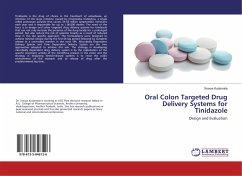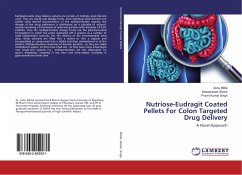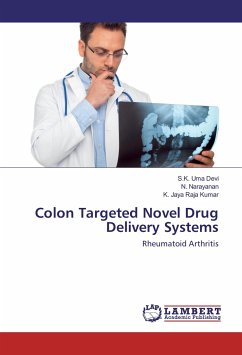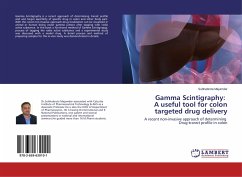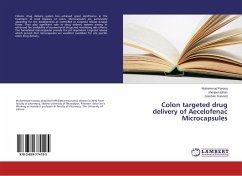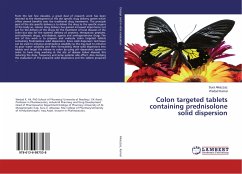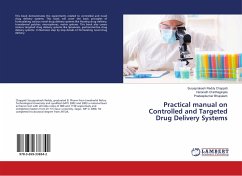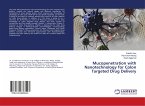Tinidazole is the drug of choice in the treatment of amoebiasis, an infection of the large intestine caused by Entamoeba histolytica, a single celled protozoan parasite that causes 34-50 million symptomatic infections each year and is responsible for up to 1,00,000 deaths. The need of the hour is to design oral colon targeted drug delivery systems for tinidazole that can not only increase the presence of the drug locally for a prolonged period, but also reduce the risk of systemic toxicity as a result of reduced dose in this site specific approach. The formulations were designed to achieve minimal release during the first 6h lag period followed by complete release in a controlled manner in the next 18h. Microbially Dependent Delivery System and Time Dependent Delivery System are the two approaches adopted to achieve this aim. The strategy in developing microbially dependent drug delivery system is by the exploitation of the specific enzymatic activity of the microflora present inthe colon and the strategy in designing timed-released systems is to resist the acidic environment of the stomach and to release of drug after the predetermined lag time.
Bitte wählen Sie Ihr Anliegen aus.
Rechnungen
Retourenschein anfordern
Bestellstatus
Storno

